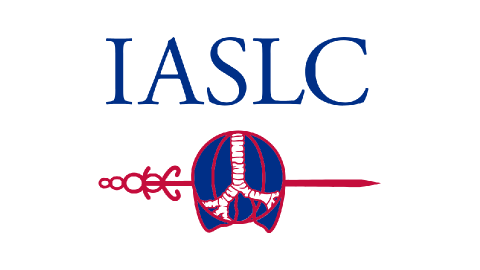Quick Summary

In Asia, guidelines for the management of patients with mNSCLC currently recommend the use of targeted therapies acting on driver oncogene alterations such as EGFR, ALK, ROS1, and BRAF V600E, as well as PDL-1. Despite current recommendations and addition of therapies targeting new alterations (like MET and RET), the rate of molecular testing in East Asian patients with NSCLC varies considerably.
To ensure patients receive optimal treatment that improves patient survival, the implementation of effecient and cost-saving molecular testing strategies in East Asian clinical practice needs to be improved. Therefore, it is particularly important to evaluate the efficacy and economic value of upfront NGS versus other testing modalities in East Asia, to determine whether NGS is the most cost-saving strategy in the first-line setting.
Using Hong Kong as an example, this study aimed to evaluate the economic impact of upfront NGS compared to exclusionary, single-gene sequential, and hotspot panel testing modalities in East Asian patients with mNSCLC. A budget impact analysis was also conducted to evaluate the financial impact of adapting upfront NGS from the Hong Kong payer’s perspective.
